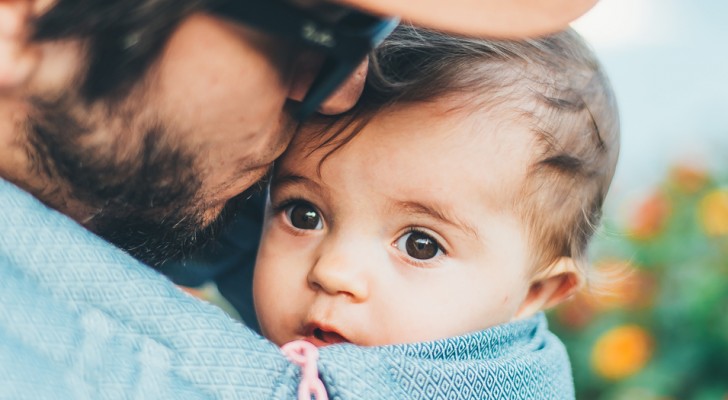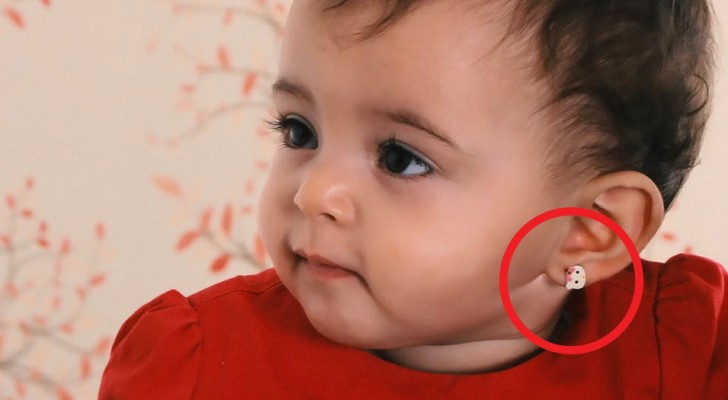Children who feel loved become adults who know how to love

Our ability to love depends on the emotional environment in which we spend the first years of our life. It is precisely during childhood that we create a conceptual map between the mind and body that will affect our ability to love and experience emotions.
What surrounds us during childhood will leave a mark that will last a lifetime and on which our ability to create emotional and social bonds will depend. And this applies above all to the capacity to love and be loved.
The affection shown by parents increases the child's self-esteem and promotes the development of a harmonious personality. Through love, parents transmit how to manage fears, promoting the adaptive capacity of the child to cope with various emotions.
Realizing this makes us understand the importance of loving our children and educating them about respect, empathy, anger management, adaptability, and self-confidence.
How to raise happy children

A child's personality is based on innate qualities, present since birth. These biological patterns may or may not be appropriate, so a positive emotional environment becomes even more important for a child's healthy emotional development. Healthy neuronal connections are developed through love and emotional education.
For example, if a shy child is surrounded by adults who protect the child excessively, by virtue of the child's own shyness, the child will not be able to overcome fearful situations and will not learn how to handle emotions.

On the contrary, parents must promote the healthy psychological and emotional development of their child.
Here are some ideas:
- Teach children to talk about their emotions to understand and get to know themselves and others. Along with words, it is important to also teach them to grasp the meaning of all those elements that form non-verbal communication such as posture, facial expressions, and tone of voice.
- To promote a child's self-esteem, do not rely solely on praise. In fact, awards and praise are positive only if they are given due to the positive results of specific efforts and the acquisition of new skills.
- Parents teach a lot through their example. And we know how often adults are stressed. Stress is harmful to a child but it is an element of life with which the child will have to learn to deal with. Rather than over-protecting them, teach them to deal with the physiological difficulties of the environment in which they live and how to adapt to it.
Educating children, both for parents and for all the relatives or educators who find themselves having to do so is very complex and there are many variables. However, what we can say is that if children feel loved - and not spoiled! - it is very likely that they will tend to become individuals who are able to love in return.





